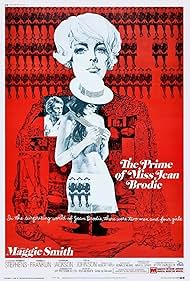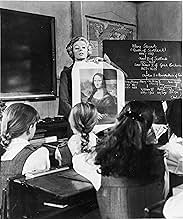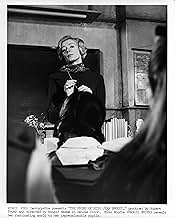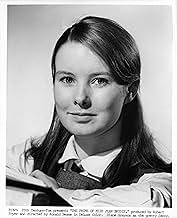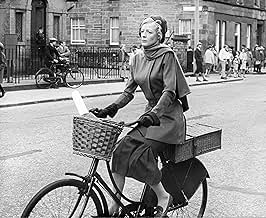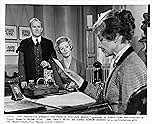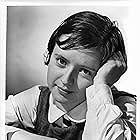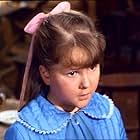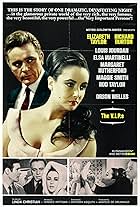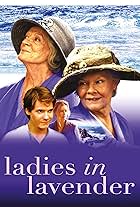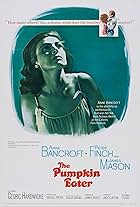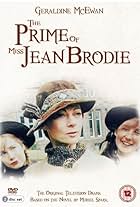This movie is often billed as a 'one-woman show', a study of an extraordinary character, Miss Jean Brodie, played by an excellent actress. However, the movie is much more than that. It is a study of charisma and influence, of teachers and students, and presents a complex and fascinating coming-of-age story. This study takes place through the movie's double-focus on both Jean Brodie and her most precocious student, Sandy. Sandy is the strongest and most independent of Miss Brodie's students, and eventually she rebels and rejects her teaching completely. However, she is also truest to her teacher's expressed goals. Miss Brodie supposedly wants to teach 'her girls' to be like herself: powerful, independent individuals, free from the shackles of authority and group-think, beyond conventional sexual morality. In fact, she preys on the weakness and insecurity of her students, punishes independence and rewards slavish loyalty to her and to her personal plans and ideals. (The film's more subtle concern with fascism and authoritarianism echoes this theme: fascism elevates great individuals and praises their strength, just as it demands total obedience and slavishness from the rest.) Sandy, by recognizing and rejecting Miss Brodies's actions and plans, becomes her truest student: not only sexually adventurous, but bold, independent, and confrontational. The final scenes illustrate this beautifully. Miss Brodie has truly put "an old head" on Sandy's "young shoulders", and she truly is "hers for life"--though not in the way originally intended. In this way the movie presents a profound, sophisticated and realistic account of the way powerful individuals influence one another.
